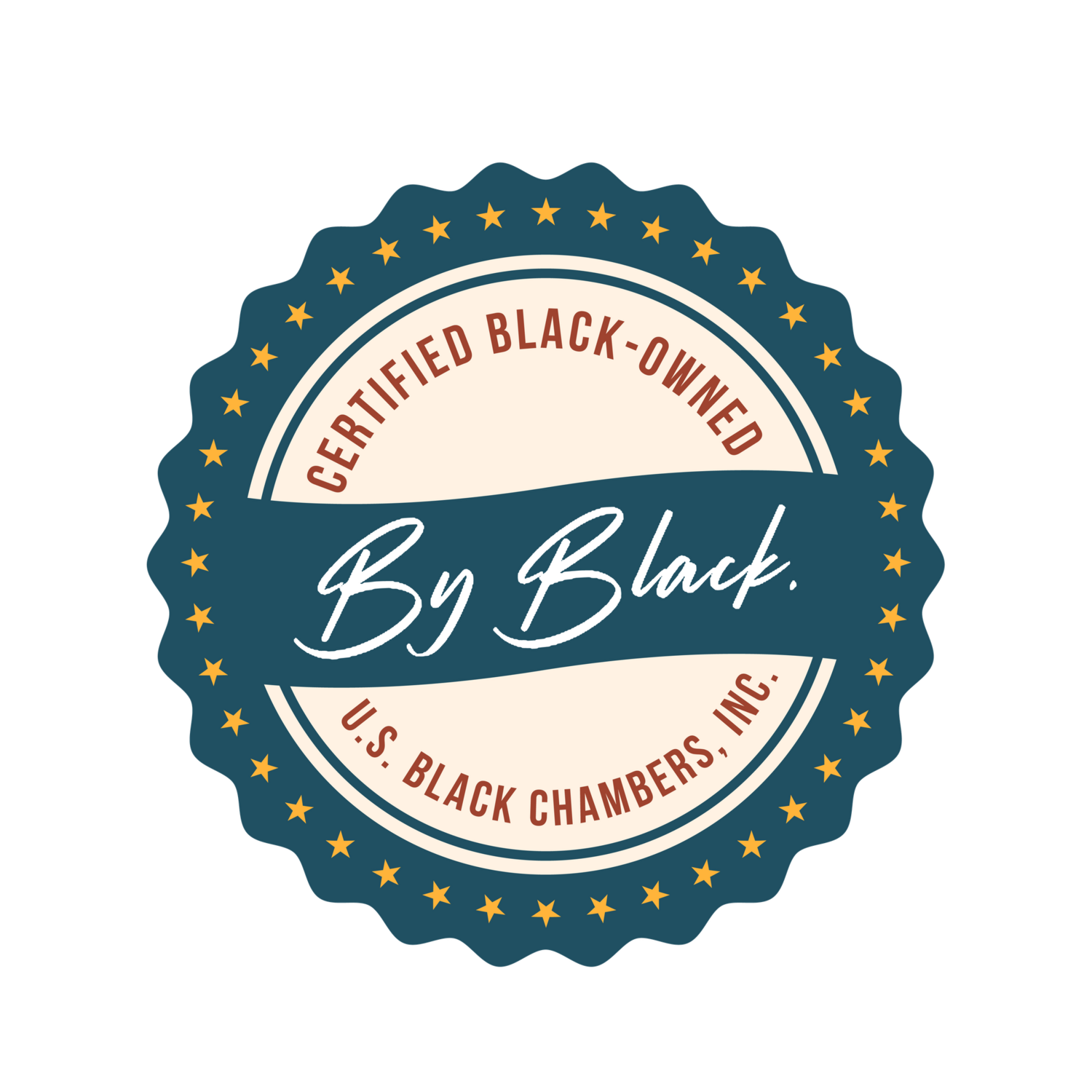Harriet Tubman: A Challenger Brand in Life & Legacy

"The list of adjectives I could use to describe Harriet Tubman are seemingly endless—brave, tenacious, determined, creative."- Paulette Beete.
What happens when a challenger emerges with an unapologetic focus and determination to bring change to an existing industry? A few words instinctively come to mind in how that challenger is received by competition: shock, insecurity, and a fundamental fear of establishments losing perceived financial profitability or control.
Over the years, we've seen some of the most legendary business challengers emerge to establish market presence in their industries and ascend to category leaders. Each identified an issue in the market– from Uber to Netflix to Spotify. They deployed strategies to exploit those gaps and win with a common purpose.
It's been 25 years since the term challenger brand was "introduced," but the challenger mentality has existed for centuries. For much of the existence of black people living in a global world, the mentality existed out of necessity as opposed to being the competitive business construct that Eat Big Fish introduced in 1999.
However, one person who should be no stranger to being a leading example of challenging establishments with savvy, creativity, next-level vision, and influence and who was a trailblazer is Harriet Tubman. Let's be very clear: Harriet Tubman is one of the greatest in demonstrating the challenger mentality. As historians have described her, she's exuded many of the "modernized" challenger brand persona archetypes.
This March, we commemorate Harriet Tubman's 204th birthday. We honor her incredible life and enduring legacy as a challenger brand. Harriet Tubman was more than just a historical figure; she was a beacon of hope for many enslaved Black people in a time of darkness.
Born into slavery, Harriet Tubman defied the odds and escaped to freedom. But she didn't stop there. Harriet Tubman is arguably the most famous conductor of the Underground Railroad, leading hundreds of enslaved individuals to freedom. She played a pivotal role in bringing women of color representation into the women's suffrage movement. In doing so, she challenged the status quo, defied oppression on various levels, and dared to dream of a better future for herself and others. Her determined pursuit of that dream exemplifies how being a challenger can change the lives of communities, categories, and industries.
At the Kulur Group, we often talk about being allergic to the plateau and not accepting things as they are. We counsel our partners on pivoting away from conventional thinking and implementation because doing things as they've always done will not get the job done in today's competitive world. In the same way we think about modern challenger brands, Harriet Tubman was driven by a deep sense of purpose, survival, and a desire to make a positive impact. She didn't let her circumstances define her; instead, she used them as fuel to drive her forward. She challenged the deeply entrenched beliefs of her time– having to throw caution, safety, and protection to the wind to advocate for freedom and equality for all, regardless of race or gender. This ideology wasn't just a causal concept or the next cool thing. It was the challenge of a lifetime, which could be futile with any misstep.
As we celebrate Harriet Tubman's birthday, let us remember her remarkable life and take inspiration from her example. What if we challenged industry inequalities as if it were a life-or-death situation? Would we be more bold or more fearless? Let us dare to dream of a better world and work tirelessly to make it a reality. In doing so, we can honor the legacy of Harriet Tubman and all those who have fought for freedom and justice throughout history, challenging in ways that created the groundwork for pivotal change that can happen today and remain tomorrow.

